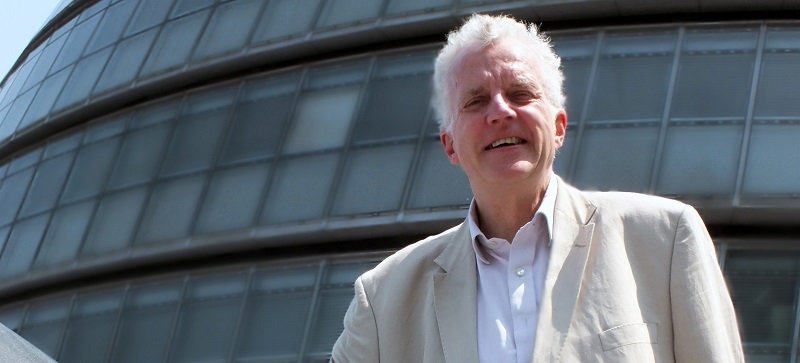I almost feel sorry for Sir Richard Branson. Almost. Railways are an industry in which enterprise is constrained, from the limits on the number of trains to the regulation of fares. It’s not really the dry ice and pretty women business he favours. Yet Branson plunged in to introduce some pizzazz and energy. There were new trains, faster and more frequent services, on-board shops. Some of it worked, some of it didn’t.
But it is hard to feel too much pity for the bearded one. He played hardball with the Government when it had to pick up Railtrack’s liabilities when the infrastructure company failed in 2001. It had promised track capable of taking 140mph trains with in-cab signalling. When that proved impossible, Virgin hit the Government hard for compensation.
That started a fraught relationship that means many civil servants — and ministers — will not be sad to see the back of Virgin. Branson failed to understand politics. When it became clear that Virgin was losing the franchise, he made public a whingeing letter to Justine Greening, the Transport Secretary — the sort of lobbying that should have been done behind closed doors. It showed the extent to which he believes his own propaganda as the good guy who deserves a break.
It is, though, difficult to describe FirstGroup’s bid in any way other than crazy. To stay in the black, it will need 10.4 per cent growth year on year from the moment the franchise starts in December, right through to 2026. While Virgin has indeed achieved 10.2 per cent in recent years, that was after Network Rail had spent £9 billion on improving the track and infrastructure and Pendolinos had replaced the old BR stock. There is no such step change in the offing now.
So it is difficult to see where the huge increase in passengers will come from. There is little leeway to increase off-peak fares, given the regulations, and putting up cheap fares dramatically will only send young people back on to the coaches trundling up and down the M1 and M6.
Many industry insiders privately believe that the West Coast line is heading the way of the East Coast, where two companies, Sea Containers and National Express, had to throw in the towel after massive overbidding.
So it is not entrepreneurial mettle that is at stake here; it is the very structure of the rail industry. Failure on the West Coast would lead not so much to questions about FirstGroup’s judgment as to questions about the judgment of ministers in sticking to a franchising system that already looked broken after that double failure on the East Coast.
